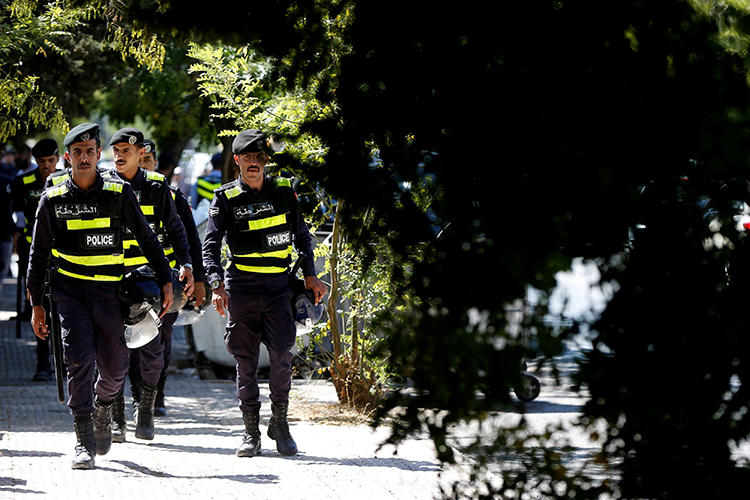On March 14, 2020, Amman Public Prosecutor Hassan al-Sarhan ordered the arrest of freelance Jordanian journalist Hiba Abu Taha on charges of slander and undermining the government, briefly held her in custody, and then released her on bail and told her to return the next day, according to a report by the Skeyes Center for Media and Cultural Freedom, a regional press freedom group.
When Abu Taha returned to the prosecutor’s office on March 15, al-Sarhan ordered her to be held for 14 days, according to news reports. She was transferred to the Juweidah Correction and Rehabilitation Center for Women in Amman, but then was released on bail on March 16, according to Skeyes and news reports.
Abu Taha is a contributor to local and regional news outlets, including the broadcaster Jordan Today, the Qatari broadcaster Al-Jazeera, the Beirut-based investigative journalism website Daraj, and the London-based news website Al-Araby al-Jadeed.
The slander charges stemmed from statements Abu Taha gave in a 2012 interview with The Associated Press while she was taking part in a protest against an increase in gas and fuel prices, according to news reports and Skeyes. In that interview, Abu Taha called for a change of government in Jordan.
If convicted of slandering official institutions, Abu Taha could face up to two years in prison under Jordan’s penal code. If convicted of engaging in acts, writings, or speeches that subject Jordan to the danger of violent acts, Abu Taha could face up to five years in jail under that code. If the court determined that she insulted the king, she could face an additional three years in jail.
Abu Taha told Skeyes that she believed the real reason for the charges was as reprisal for a question she posed to Jordanian Prime Minister Omar Razzaz in July 2019 about an alleged corruption scandal while she was working for local broadcaster Jordan Today.
The Jordanian Justice Ministry did not immediately reply to CPJ’s emailed request for comment.
